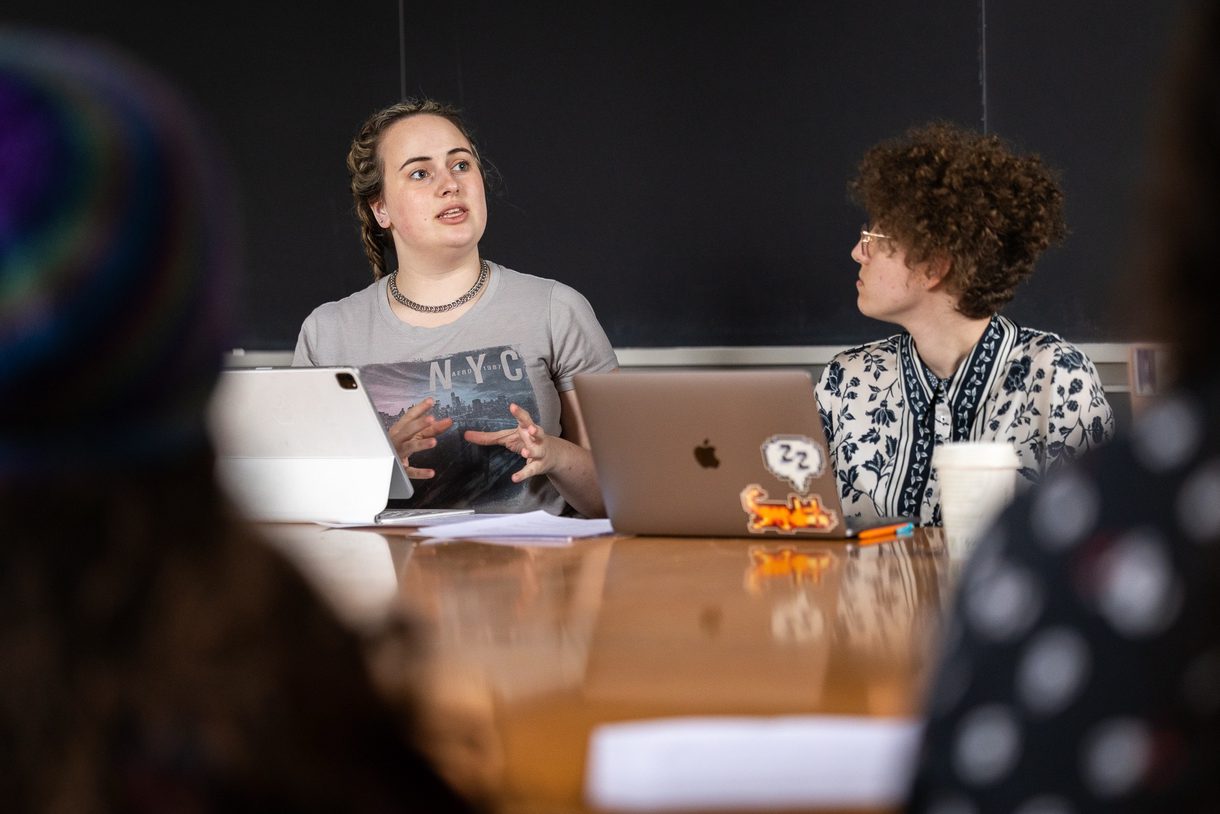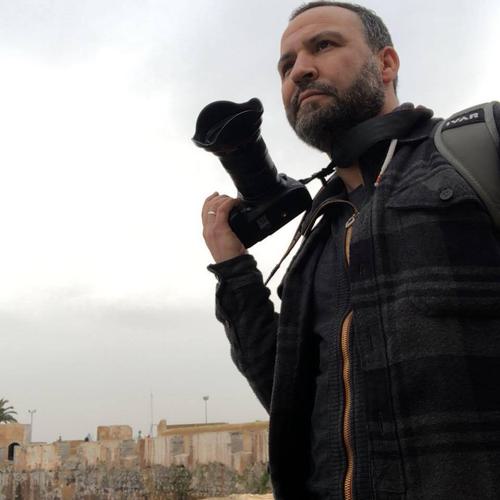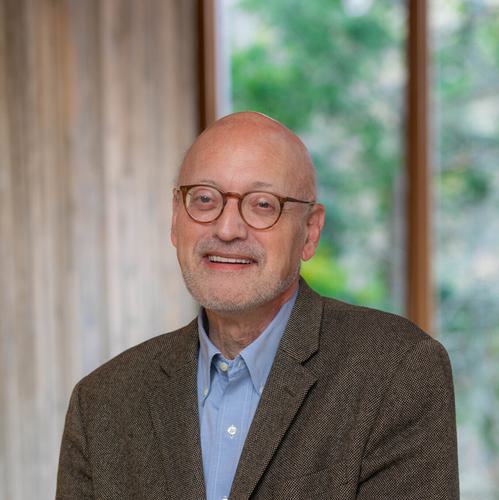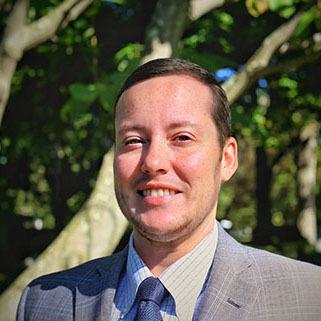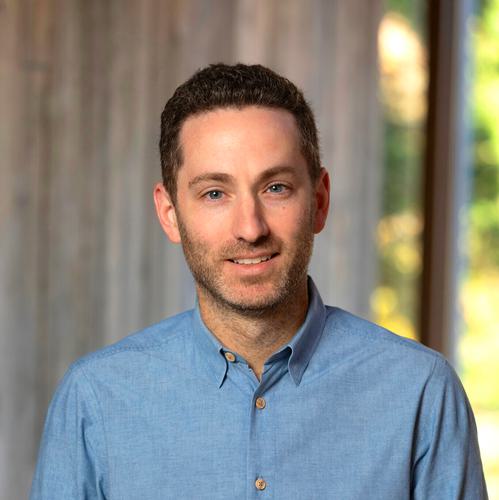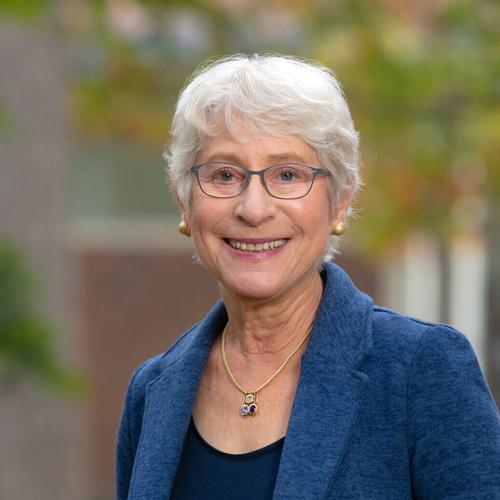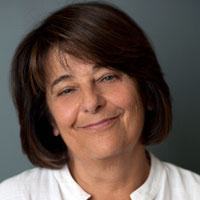Jewish Studies
Academic Program Introduction
Jewish studies is the interdisciplinary study of Jewish people, ideas, culture, and institutions. Any student’s intellectual journey can include Jewish studies. We are a small, flexible program. Students explore religion, history, philosophy, art, literature, cultural patterns, and institutions. We offer robust financial and logistical support to students who want to learn a language, study abroad, or complete an internship in the U.S. or overseas.
Learning goals
- Understand the breadth and diversity of Jewish civilization through interdisciplinary learning.
- Build specialized knowledge in one area, e.g., biblical studies, Sephardi history, Yiddish language and literature, or U.S. Jewish culture.
- Establish proficiency in Hebrew, either biblical or modern, or another relevant language.
Programs of study
Jewish studies major and minor
Students gain an understanding of foundational texts, central ideas, and institutions that have influenced Jewish history and culture.
Course highlights
Jews, African-Americans, and Other Minorities in U.S. Comics and Graphic Novel
JWST290
Comic strips, comic books, and graphic novels have throughout their history in the United States had a complex relationship with members of minority groups, who have often been represented in racist and dehumanizing ways. Meanwhile, though, American Jews played influential roles in the development of the medium, and African-American, Latinx, Asian-American, and LGBTQ artists have more recently found innovative ways to use this medium to tell their stories. In this course, we will survey the history of comics in the U.S., focusing on the problems and opportunities they present for the representation of racial, ethnic, and sexual difference. Comics we may read include Abie the Agent, Krazy Kat, Torchy Brown, Superman, and Love & Rockets, as well as Art Spiegelman’s Maus, Gene Luen Yang’s American Born Chinese, Alison Bechdel’s Fun Home, and Mira Jacob’s Good Talk.
(CPLT 290 and ENG 290 and JWST 290 are cross-listed courses.)-
Banned Books
JWST289
Why do books get banned, and what are the effects of censorship? In this course, students will read legal, historical, and literary documents to explore the dynamics at play when governments and other institutions assert control over what can or can’t be published, with cases studies from France, England, the U.S., and Israel. Guest lectures from other Wellesley faculty will introduce other relevant cases. We will consider cases in which censorship seems wrong-headed and evil, and others in which some degree of control over publications might seem necessary or sympathetic. Students should be prepared to consider distressing and offensive texts, so as to be able to discuss why they might (or might not) need to be controlled. Banned books we’ll consider, in whole or in part, will include Charles Baudelaire’s Les Fleurs du mal, James Joyce’s Ulysses, Sholem Asch’s God of Vengeance, Eve Adams’ Lesbian Love, and Maia Kobabe’s Gender Queer. (CPLT 289 and JWST 289 are cross-listed courses.) -
The Diversification of U.S. Literature, 1945-2000
ENG274
What was at stake in the production and consumption of literature in the age of television and nuclear proliferation? We will read and analyze U.S. fiction, drama, and poetry produced after 1945, a period during which minority voices, particularly (but not only) those of American Jews, became central in U.S. literary culture. We will explore the tension between literature as just another form of entertainment (or even a pretentious instrument of exclusion) and literature as a privileged site of social analysis, critique, and minority self-expression. Authors considered may include Chester Himes, Saul Bellow, Flannery O’Connor, Lorraine Hansberry, Tillie Olsen, Fran Ross, Thomas Pynchon, Raymond Carver, Toni Morrison, Louise Erdrich, Susan Sontag, Alejandro Morales, Kathy Acker, Shelley Jackson, Tony Kushner, and Lan Samantha Chang. Fulfills the Diversity of Literatures in English requirement. (ENG 274 and JWST 274 are cross-listed courses.)
Research highlights
-

Josh Lambert, Sophia Moses Robison Professor of Jewish Studies and English, published “The Last of Us, Part 2 and the Christian Limits of ‘Jewish Representation’ in Corporate Art” in the 2025 spring/summer volume of the journal Jewish Social Studies. In it, he surveys contemporary discourse about “Jewish representation” and Jewishness in video games.
-
Nora Cornell ’25 wrote about her senior thesis for CBAA the Association for Book Art Education. In “Text and Materiality in Jewish Women’s Prayers (Part 2: The Creative Response),” she details how her work reflects upon and celebrates “one woman’s plea for a spiritual connection that fully acknowledged and celebrated the role of her gender in her religious life.”
-

Sergio Parussa, Jewish studies affiliated faculty member and professor of Italian studies, published the essay “The Cemetery, the Tomb and the Archive: The Jewish Cemetery of Ferrara in Giorgio Bassani Archives” in The House Under the Grass: Giorgio Bassani and the Jewish Cemetery of Ferrara (La nave di Teseo, 2025). He focuses on the representation of the Jewish cemetery in Ferrara, Italy, in the work of the Italian writer Giorgio Bassani, in relation to new documents found in his archives.
Opportunities
-
Financial support
We offer financial support for on- and off-campus opportunities related to Jewish studies. Successful applications have included production costs for a student performance and travel costs for a visit to a cultural landmark. Financial support is also available for students to study Jewish languages or intern with Jewish nonprofit organizations.
-
Diarna internships
We award up to three paid internships per year with Diarna: The Geo-Museum of North African and Middle Eastern Jewish Life. Diarna works to preserve endangered ancient sites through digital mapping technology, traditional scholarship, and field research. Diarna creates virtual entry points to once vibrant, now largely vanished, communities.
-
The Jacqueline Krieger Klein ’53 Fellowship
The fellowship enables graduating seniors and recent alums in any field to pursue further education in the field of Jewish studies.
for more
Our newsletter
Published annually, our newsletter features recent or upcoming classes, students’ first-hand accounts of summer internship or language study experiences, interviews with faculty, recent publications of alums and faculty, and more.
106 Central Street
Wellesley, MA 02481
